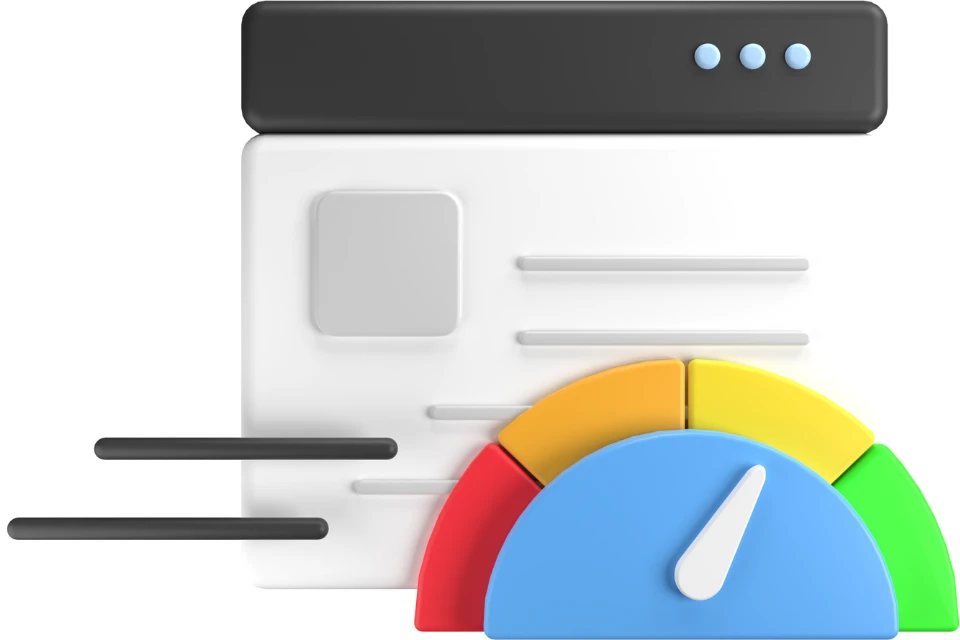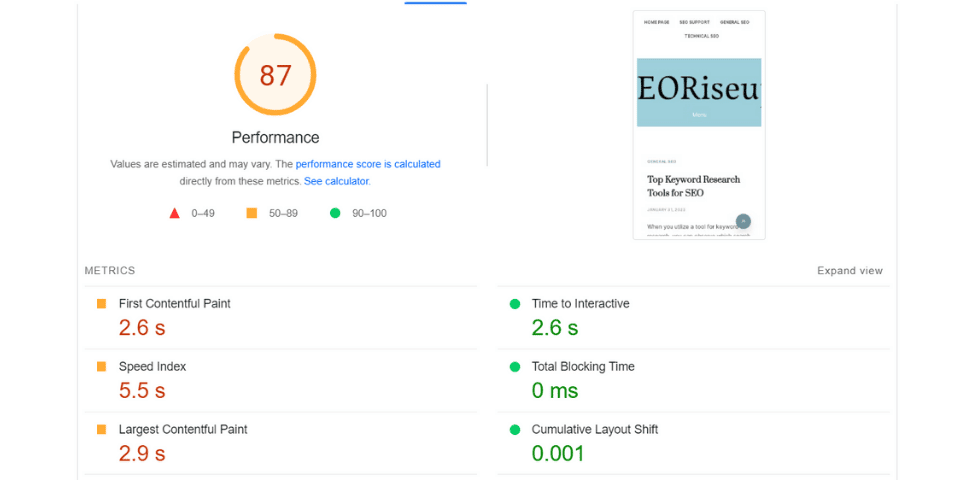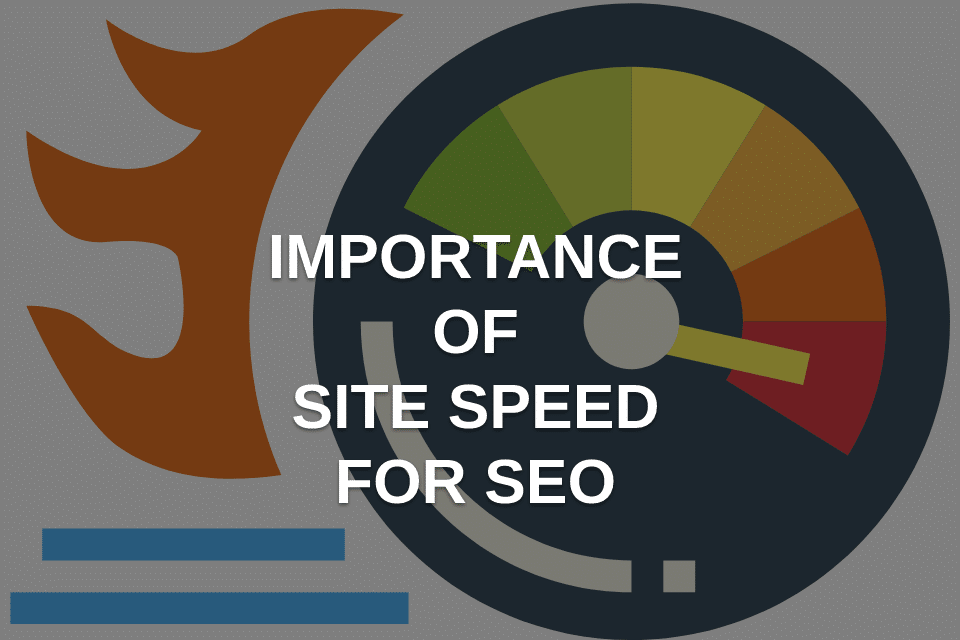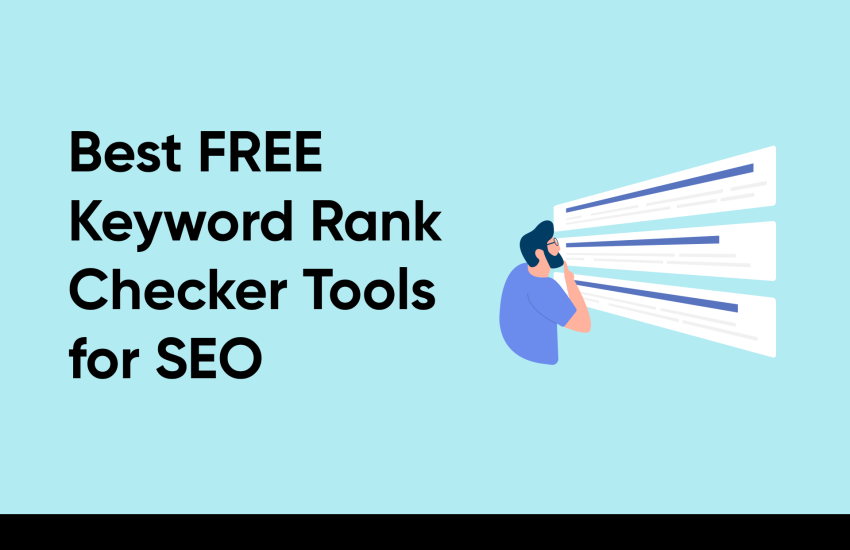The Importance of Site Speed for SEO: A Comprehensive Guide
SEO specialists are aware that the amount of time it takes for a page to completely load directly affects the level of customer happiness and, as a result, site performance. People may feel frustrated and quit your website altogether if it takes too long to load, especially if it is difficult to navigate. Because of this, you risk having a high bounce rate, which is bad for your SEO and site speed.
A speedier loading time for web pages is beneficial to both the user experience and the ranks in search engines. Google has said that the speed at which a website load is a ranking factor, and that website that load more quickly would receive a boost in their search engine ranks.
What is Website Speed?
A website that performs well gives its visitors an enjoyable and uncomplicated experience while they are there. Because website performance is a matter of opinion, if you inquire about it from a user’s perspective, a developer’s perspective, and a designer’s perspective, you will hear three distinct explanations. The perspective of the user is the only one that is relevant; for example, if your statistics are lightning quick but your customers are lightning slow, you have already been defeated. Because of this, a definition of website performance that is genuinely relevant will centre on the requirements of the person who is ultimately going to be using the website.

How Important is Website Performance?
Your site’s speed stands out. Page speed (or page load time) is the most crucial number for analysing and enhancing your website’s efficiency since it affects whether visitors continue browsing. A slow-loading website loses credibility. Publishers seldom examine how page load times affect users’ pleasure and the website’s aims. Knowing that a faster site is better doesn’t tell you how site speed and performance effect your website.
Website Performance and the User Experience
Site performance affects users’ experience if they try to access your content. Due to competition for consumers’ ever-shortening attention spans, site performance is critical. Studies show that users expect websites to load in two seconds. If your site takes longer to load, traffic will plummet. Consider this: a potential consumer visited your website to get information or a product, but left unhappy. Though you worked hard to bring them there, losing them must be terrible. People will leave a slow, unreliable website because they’re bored. Despite slower network speeds than desktop and laptop PCs, mobile devices account for more than half of internet traffic. Your site must load quickly and work well due of the high stakes.

SEO and Site Speed
The speed with which your website loads has an effect on more than simply the number of people who visit it and the number of people who abandon it (this is also known as bounce rate). However, this also has an effect on the search engine optimization (SEO) rankings that you have on key websites like Google. To phrase it another way, the speed of your site is absolutely nothing. Google uses a strategy for search engine optimization (SEO) that gives precedence to pages that load quickly.
If the pages of a website take a long time to load, the problem is probably caused by inefficiency. Because of rising bandwidth demand, Google will have to bear more expenditures. The value of each additional second they can cut off increases at an exponential rate. As a result, businesses are able to promote their websites more quickly while significantly reducing their costs. In other words, if your website loads faster than average or faster than the average of other competing websites, Google will reward you with a higher search engine ranking.
If the influence on your site’s SEO isn’t enough to convince you, you should give serious consideration to increasing the speed of your website. After that, you can harbour the expectation that your users will have a more enjoyable experience and that your conversion rates will improve. When it comes to the positive benefits that having a website that loads quickly may have on an organization’s bottom line, the figures simply cannot be disputed.
FAQ’S on Speed for SEO
How to test website speed?
With a score between 0 and 100, Google PageSpeed Insights is a well-known tool for gauging your website’s loading time. Your website’s performance will improve proportionally to how high its score is. To accommodate mobile users, Google PageSpeed Insights lets you make tests for both desktop and mobile versions of your site.
How can I improve my website speed with SEO?
Website, page, and site speed may all be optimised for search engines by making sure these are in working order.
- Integrate a CDN (Content Delivery Network)
- If you’re having server issues, it’s time to switch hosts.
- Reduce picture file sizes to improve page load times.
- We need to cut back on the amount of plugins.
- We recommend using as little CSS and JavaScript files as possible.
- To avoid having to repeatedly load a page, use the cache.
- Utilize the Gzip Compression Format
- Maximizing Content Management System Database Performance
Conclusion
Therefore, if you run a website, you need to engage in search engine optimization. In this regard, search engine optimization (SEO) might supply helpful resources for accelerating the loading time of your site or page. The Google PageSpeed Insights and other such tools might be of great use. The article explains its function and how its parts fit together.


